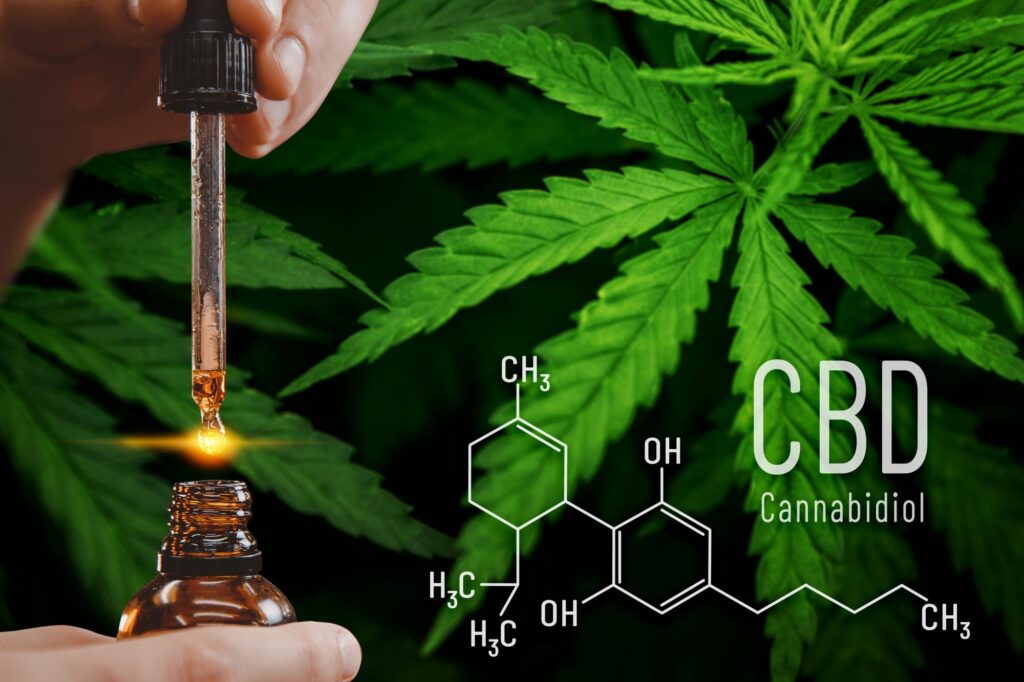What is CBD and what are its properties?

Cannabidiol, also known as CBD, is a phytocannabinoid and one of the naturally occurring cannabinoids that is present in high concentrations in some hemp strains. CBD can interact with the human endocannabinoid system and has non-intoxicating effects, nor produce psychoactive effects on its own.
Due to its numerous potential health benefits (pain-relieving, anti-inflammatory, antinausea, and others) that are both efficient and non-intoxicating, CBD is regarded as a therapeutic cannabinoid. CBD has no intoxicating properties. It does not cause sensations of euphoria, stupor, or loss of control, which are frequent side effects of THC use. According to research, this is because CBD does not attach to the CB1 receptor in the same manner that THC does. In fact, research has indicated that CBD can control or lessen the intoxicating effects of THC. To fully grasp the therapeutic potential, more studies are required.

